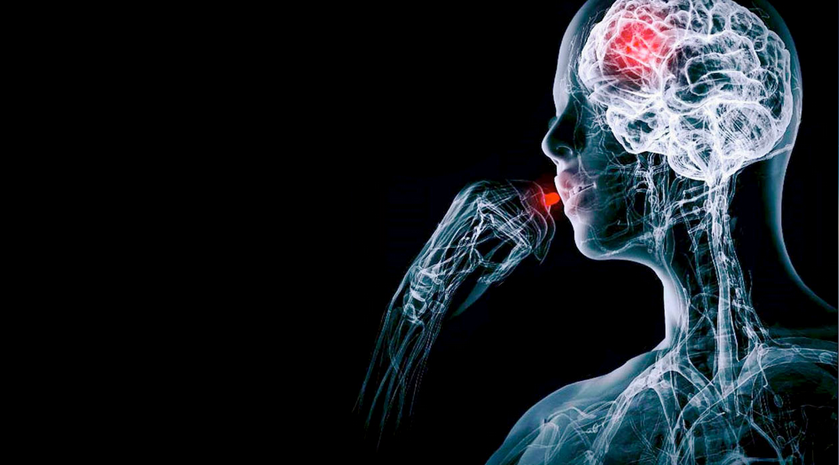
You may be surprised to read of three ‘effects’ of placebos proposed recently by Eve M. Krakow in Psychology Today.
Dr Krakow takes pains to emphaise that the placebo effect is a physical phenomenon. There’s nothing magical about it. It will seem magical (as Isaac Asimov once wryly observed) until there’s sufficient science.
First, the placebo has a negative ‘flipside’. This is the nocebo effect, and it’s noted and discussed elsewhere on this site (check the tags column). A placebo effect can have either positive or negative outcomes.
Second, and very weirdly (if not ‘magically’) the placebo effect seems to become stronger and more proncounced over time. Placebos seem to get stronger!
Thirdly, the placebo effect does not necessarily require deception – that is, the practitioner lying to a patient that the (inert placebo) treatment is actually the ‘real’ treatment. We cover this too, on this site – look for ‘white label placebos’ in the tags.

